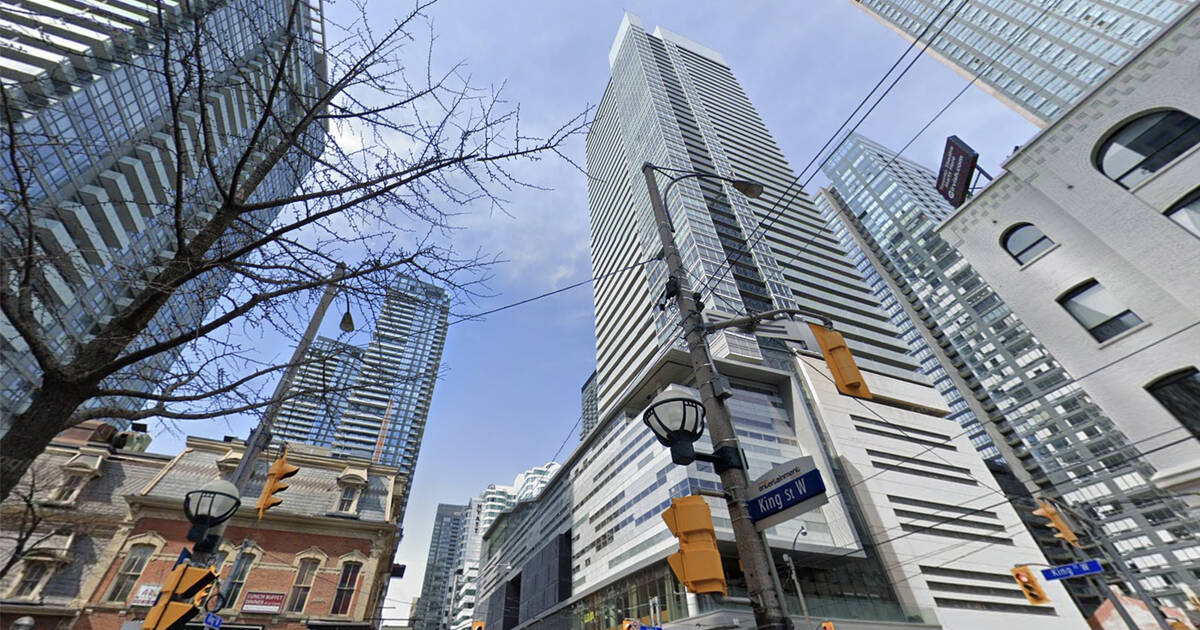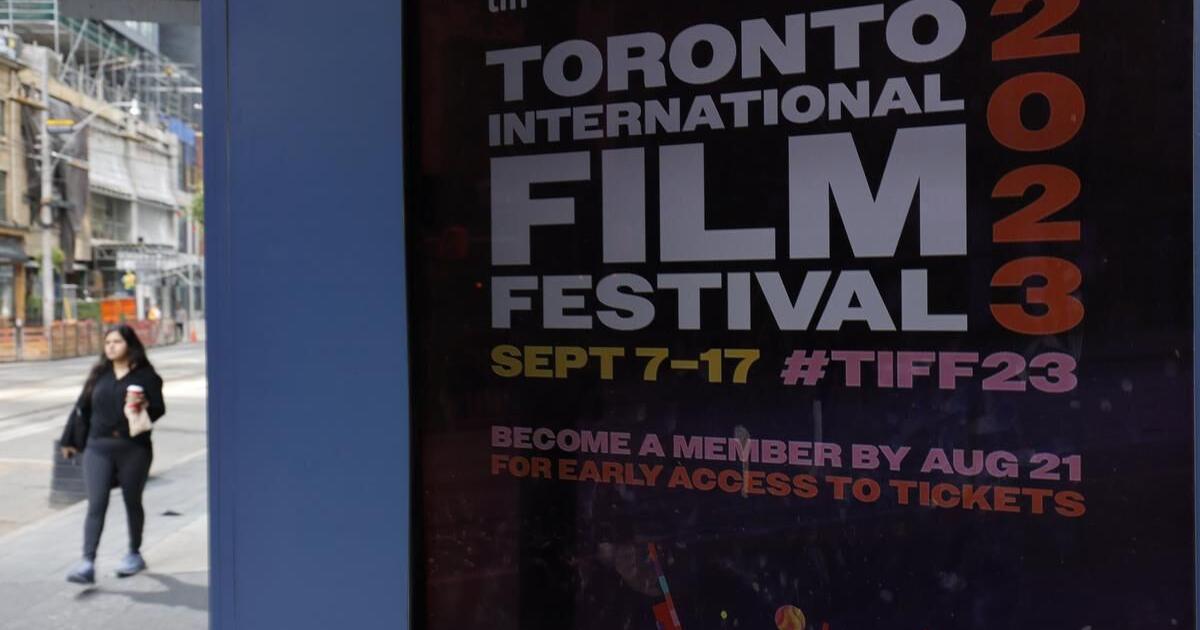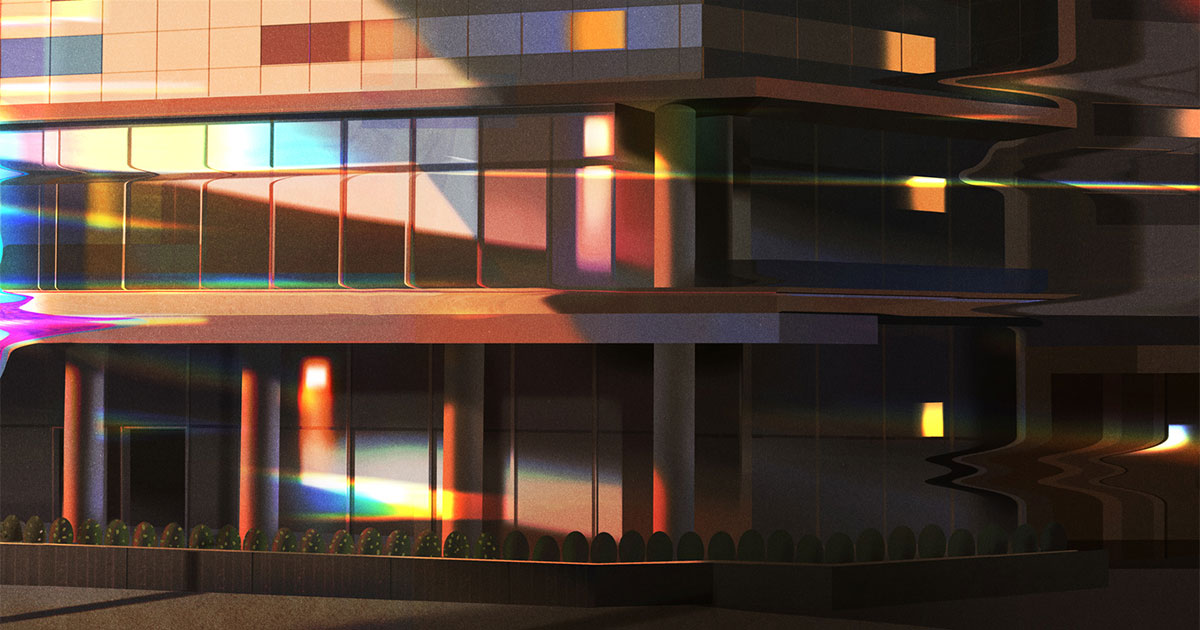egotrippin
Senior Member
It makes me feel old when a building whose construction I followed on UT is getting reno'd. Where does the time go??
Pasted by Lightbox yesterday and they have already started the renovations. Didn’t realize that they would be so soon but makes sense if they want to be finished by festival. Don’t know where the new outdoor screen would go.



Canadian Business: How Did TIFF’s Lightbox Become Its Money Pit?
The outlook was bright for the Toronto International Film Festival when the arts organization opened its sparkly King Street hub 24 years ago. What happened?

How Did TIFF’s Lightbox Become Its Money Pit?
The outlook was bright for the Toronto International Film Festival when the arts organization opened its sparkly King Street hub 14 years ago. What happened?canadianbusiness.com
From the outside, you'd hardly know there's a theatre there. I don't go by often, but the lack of advertising struck me as odd - there's a big, fancy restaurant on the corner, and then the unceremonious entrance to the theatre, which you can miss if you blink. I don't recall seeing many movie posters on the sidewalk-facing glass - am I misremembering? The vibe I got from the one time I went there (about a decade ago now) was, "the cool movie snobs know we're here - good enough."Very good piece and I agree with pretty much every conclusion the author draws.
The general tone is that the organization doesn't seem to have good business sense and hires/promotes people who lack the skill set/experience for the jobs in which they are placed.
The festival is too disconnected and too corporate and has alienated many cinephiles and some of the broader public.
Prices are too high, the building (Light Box) poorly laid out, and venue is poorly run, the website is confounding and entirely non-intuitive.
****
Other than senior management who mostly avoided any contact with the author, and who conspicuously failed to answer a majority of questions posed to them........
What stood out to me is that the Light Box as a venue brings in less than 1M in annual ticket sales (for reasons I can't fathom the exact number is a secret).
Excluding 2 weeks of the main Festival, there are 50 weeks and ~350 days per year. The venue has over 1,300 seats but I'll round down to that number.
That's 1,820,000 sellable seats at 4 shows per screen per day. At a mere 10% of capacity, that's 182,000 seats at $10 per ticket, that would generate $1,820,000 per annum.
This implies lots of times when theatres are sitting empty, and/or attendance below 5% of capacity. The latter lines up with my own experience at the venue many times.
While I've been in the odd film to attract 50+ people; I've also been one of 10 in the largest auditorium they have on many an occasion.
Put simply, the venue is badly run and the programming poorly executed!
****
Rule 1: Program the majority of new films the same way Cineplex would, they do it that way for a reason. Meaning that the film should run 4x per day or more, for 7 consecutive days minimum at the same exact times every single day.
This allows people to drop in to see a movie w/o too much planning, and gives a chance for a film to build momentum from good audience reviews.
Rule 2: Almost never schedule a film in Cinema 5 which is hardly a screening room.
Many people have larger TVs (ok, that's hyperbole, but it is not a good experience) .
Rule 3: Announce coming movies as far in advance as possible and promote them through your website with trailers, synopsis/cast, and the release date; and allow advance ticket sales as soon as possible.
Likewise, trailers before movies should regularly promote what's coming soon, and backlit digital posters on-site, including facing the sidewalk should advertise current and upcoming content.
Rule 4: Keep prices low, especially during low performing periods (weekday matinees).
This does several neat things. The first of which is that it gets movie goers to attend more often and form a habit of going, the second is that it opens attendance to a wider range of people (low income, shift work, retired); and the third is that it makes money, because exhibitors make all their money on concessions. (seriously that's where their money is made). So cheap to get in the door, but we'll get you on the popcorn is an important bit of business acumen.
Rule 5: Don't make buying a ticket cumbersome. At TIFF there are no machines to buy tickets, you must go up to box office, where a minimum of two staff are generally working, in theory, one for members only and another for general sales.
This is expensive, and awkward, but it's worse than that. I've timed the transaction to buy a ticket. The process at TIFF literally takes upwards of 2'30 from the 'How may I help you'. Their software is cumbersome, they throw in the 'are you a member' question, their ticket printing is archaically slow, it all makes for a very poor customer experience.
Rule 6: Concessions are money.
That means you want to do the core offering (popcorn, pop etc.) well, and price fully, but still to move; but it also means at a venue like TIFF you want a licensed bar (Beer and Wine), high end coffees, and treats from local bakeries. You want mingling space to enjoy these outside the auditorium or inside.
You're not doing this to be fancy, you're doing this because there's great margin if you do it right, low spoilage, and it's on-brand.